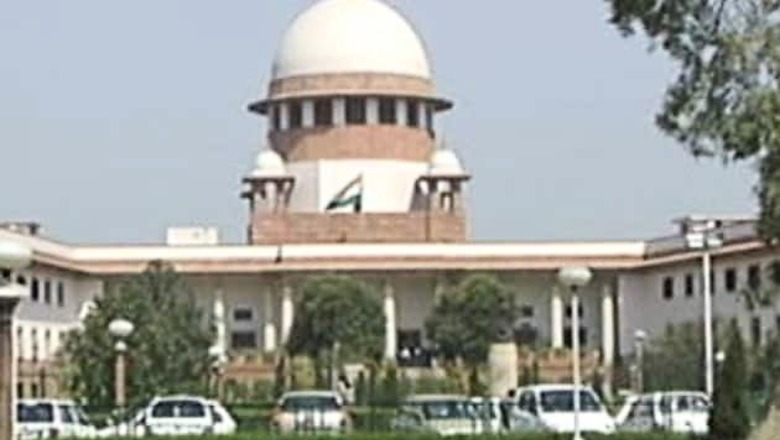
views
New Delhi: The police and customs officers played an "active part" in the conspiracy of the 1993 serial blasts and smuggling of arms and explosives into Bombay, which discloses "deficient performance" of public servants, the Supreme Court said on Thursday.
A bench of justices P Sathasivam and BS Chauhan said only "well strategised" coast guards and customs officers with a high morale can prevent any opportunity for terrorists to attack the country via the maritime boundary. "As the perception of war is changing, we should not overlook the role and significance of the coast guard and the customs officials in combating terrorism. The role of the coast guard is as important as any military troops," it said.
The court, in its judgement on appeals and cross-appeals in the blasts case, said it would not be an "overstatement" to state that without the help of customs officials, the convicts would not have been able to smuggle in the weapons required for the blasts. The court said the occurrence of Bombay blasts brings it to the reality that such incidents take place along the Indian coastline irrespective of numerous laws and safeguards due to "lack of moral ethics and misconduct" on the part of the officials.
"Customs, being a significant source of government revenue, the officers of Customs Department must perform their duties honestly and diligently. Any act or omission on their part can have devastating consequences," it said. The court upheld the five customs officials' jail term of eight years to Jaywant Keshav Gurav, seven years to Mohammed Sultan Sayyed, nine years to Ranjit Kumar Singh Baleshwar Prasad, eight years to Sudhanwa Sadashiv Talwadekar and life term to Somnath Kakaram Thapa who died during the pendency of his appeal.
The bench said these officials were the Customs officers at that time in Bombay and Alibaug and had played an "active role as members of the conspiracy". The life term awarded by the TADA court to Patil was upheld by the apex court which said his crime should be seen in light of the fact that he "was the protector of law".
Further emphasising on lack of vigilance in the Indian Maritime Zone and indifference on Coast Guards' part, it said "this triple-layered security system (of Indian Navy, coast guard and customs officials) is created primarily to guard the Indian Coastline from maritime terrorism, piracy and to keep out foreign intruders". "Hence, it is the paramount duty of all these officials to be vigilant, heedful and attentive to each activity which occurs in the sea and on the shore. However, the occurrence of Bombay bomb blasts on March 12, 1993 discloses the deficient performance of the officials," the bench said.




















Comments
0 comment